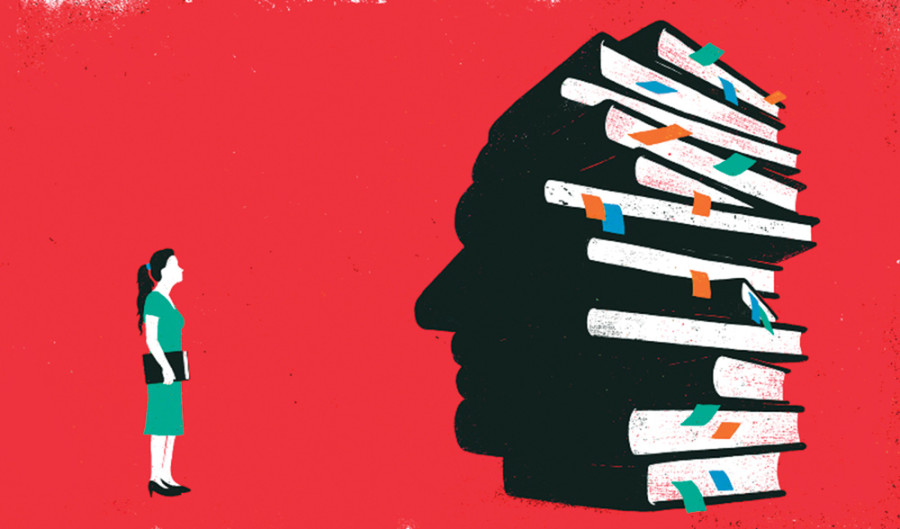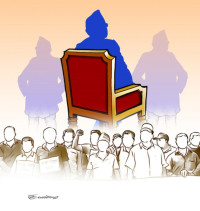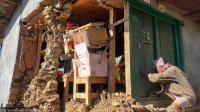Opinion
Learning it right
An education system obsessed with traditional form of examination defeats its own purpose
Sanjeev Dahal
As a student conducting research, I spend more time outside the classroom, which is in accordance to my academic requirements. But this apparently makes me a dubious student in the eyes of many. “You are a student but do not go to school?” they ask, unable to comprehend a system of teaching that goes beyond a classroom. Learning outside a classroom is a perplexing concept for those of us who have been schooled to believe education happens within the confines of walls. Independent Learning is a new, if not unheard of, concept for an alarming majority in Nepal.
Working independently and learning to understand is rare in the Nepali education system. The learning objectives and outcomes, which are the cornerstones of any academic and non-academic course in the West, are seldom discussed inside the classroom. Nepali teachers are focused solely on grades rather than conveying an understanding of the content. As examinations near, ‘special classes’ are held, initiated by teachers and the administration rather than the students. Passing the examinations is the only goal. Learning is sacrificed in the pursuit of good grades. This is normal for a system where test scores are the sole criterion for quality of education. Educational institutions deify highest scorers, reinforcing the belief that education is about achieving good grades.
Students should be evaluated on the basis of their overall performance throughout the academic year and not just on the basis of what they can bring to the examination sheets. Each individual is different and has different learning styles and abilities. How they express their acquired knowledge varies; not everyone has the capacity to store information and reproduce it precisely in the format asked in exams. Sadly our examinations demand this. What we need is a continuous assessment whereby teachers ascertain the knowledge, understanding, and skills attained by pupils. Teachers administer assessments in a variety of ways over time to allow them to observe multiple tasks and to collect information about what pupils know, understand, and can do. It is based on continuous feedback to help students learn throughout the school cycle.
The purpose of education should be teaching students to understand, think, reflect and learn so that they develop the ability to access and bring to use any knowledge and skills they may need in life. The Nepali education system only encourages students to memorise things whether or not they have understood the matter taught. An education system obsessed with traditional form of examination defeats its own purpose.
In this context, mentioning the Finnish education system might be interesting. This system, which underwent significant reforms 40 years ago, today consistently tops the international ranking for education systems. It is different to the evaluation-driven model that not just Nepal but much of the world uses. I would like to share some facts about this system: Kids start school at the age of seven; are rarely given home work or exams until students are well into their teens; no evaluations for the first six years of education; elementary school students get 75 minutes of recess a day; only one mandatory standardised test taken when children are 16; all children, clever or average, are taught in the same classroom; 30 percent of children receive extra help during their first nine years of school; science classes are capped at 16 students so that they may perform practical experiments in every class. The Finnish education system is also known for the smallest difference between the weakest and strongest students in the world.
While Nepal is undergoing significant transformation in many spheres, it should definitely look into its education system as well. Learning from systems that have proven to work well might be the first step in coming out of our outdated education system. The eminent educational researcher Sugata Mitra probably said it best. “Knowing is not the most important thing. To be able to find out is more important than knowing.”
Dahal is pursuing Masters in Social Work with Families and Children at University Institute of Lisbon, Portugal




 9.12°C Kathmandu
9.12°C Kathmandu










